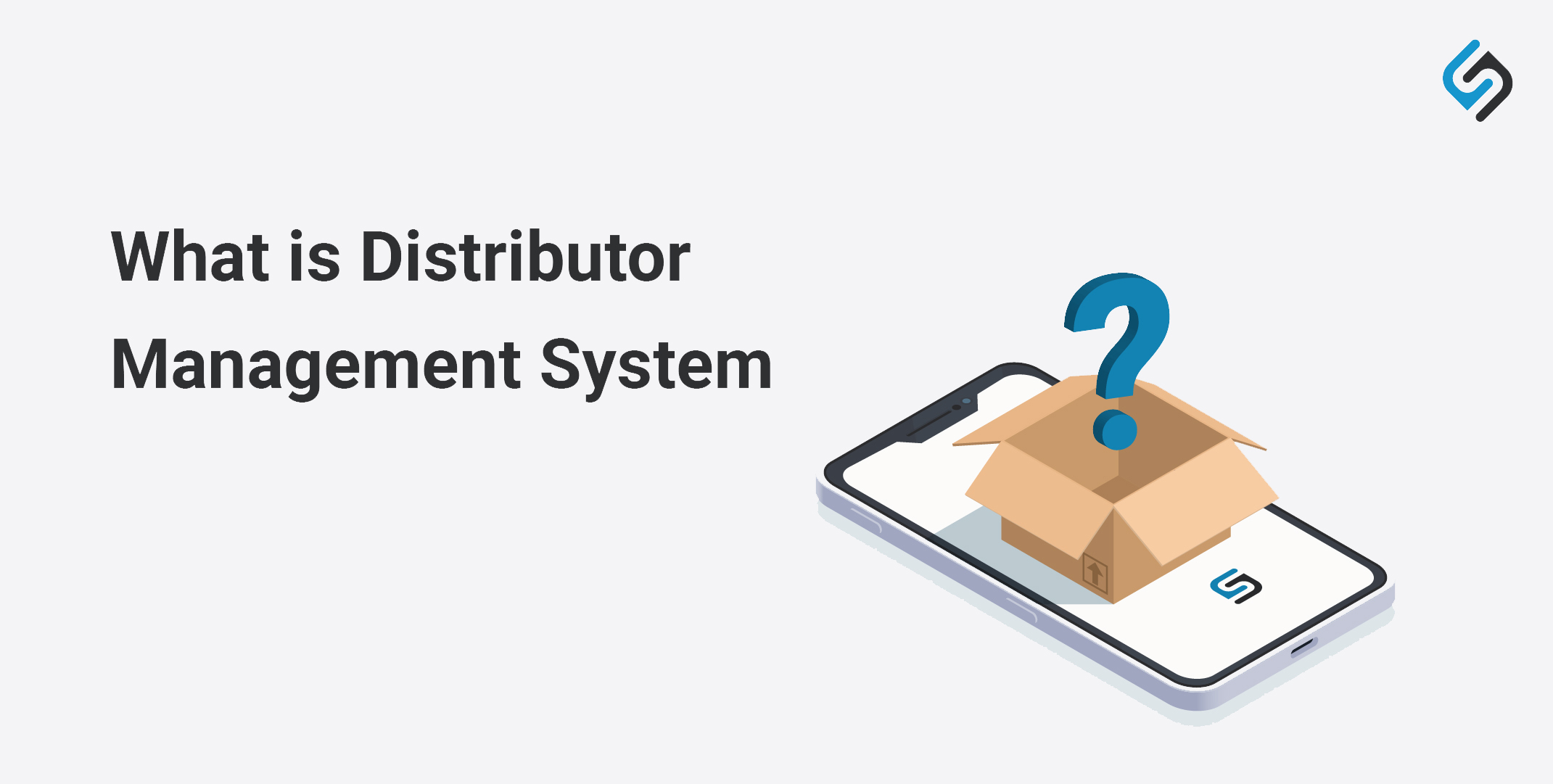With an ever-expanding customer base and the need to keep up with rapidly changing consumer demands, companies in the FMCG sector are turning to advanced technological solutions to gain a competitive edge. They face numerous challenges in managing their distribution networks effectively.
The key to success lies in streamlining operations, improving sales efficiency, and staying ahead of the competition. This is where a Distributor Management System (DMS) comes into play. In this blog, we will explore what a DMS is, the problems it solves, and the undeniable benefits it offers, making it an essential tool for modern businesses in the FMCG sector.
Problems faced by FMCG industry
A traditional approach to managing distribution involves manual paperwork, relying on phone calls, and fragmented systems. This outdated process can lead to miscommunication, delays, and inefficient sales operations. Additionally, managing field sales teams spread across various locations can be a daunting task, resulting in poor visibility and limited control over sales teams activities. This results in looking for an efficient management system and the role of DMS comes into play!
What is Distributor Management System (DMS)
A Distributor Management System is a comprehensive software solution that automates and optimizes various aspects of FMCG distribution, empowering businesses to overcome their operational challenges. It is designed to enhance efficiency, improve sales force productivity, and provide real-time insights into the distribution network.
Problems solved by DMS
1. Field Sales App
DMS often includes a field sales app, which equips sales reps with a mobile tool to manage their tasks on the go. With features like route optimization, order taking, and customer tracking, the field sales app boosts the productivity and efficiency of the sales force.
2. Efficient Order Management
DMS automates the entire order management process, from order capture to invoice. This eliminates errors and delays, improves order accuracy, and enhances customer satisfaction.
3. Geo-tagging & Geo-Fencing
This helps the admins & managers to know the exact movement of the field force. Geo-fencing helps the field force to tag the shop at a specific location and geo-fencing refers to the fence of a particular place at a specific radius.
4. Expense management
Through automatic expense calculator in our SalesJump application, field force can easily get to know the amount & they can also manually claim other miscellaneous expenses.
5. Reports & Analytics
With DMS, businesses gain access to real-time data and powerful analytics tools. This enables them to make informed decisions, identify sales trends, and adapt their strategies accordingly.
Benefits includes
1. Increased Sales
By empowering sales teams with real-time data and enabling them to focus on selling, a DMS helps drive sales growth. With access to product information, pricing details, and customer history, sales reps can provide personalized and targeted recommendations, enhancing the overall customer experience.
2. Enhanced Customer Satisfaction
A DMS enables faster order processing, improved order accuracy, and timely delivery. This leads to enhanced customer satisfaction and loyalty, as customers receive the right products at the right time.
3. Data-Driven Insights
A DMS captures and analyzes vast amounts of data, providing actionable insights. These insights help businesses identify trends, track sales performance, evaluate distributor effectiveness, and make informed strategic decisions.
In an era of intense competition and evolving customer demands, FMCG companies cannot afford to overlook the advantages offered by a Distributor Management System. Investing in an FMCG software solution like a DMS is no longer an option; it is a necessity for businesses aiming to thrive in the dynamic landscape of the FMCG industry.
If you’re looking for a DMS software, we are just a demo away!
Take control of your supply chain with our robust DMS software.


